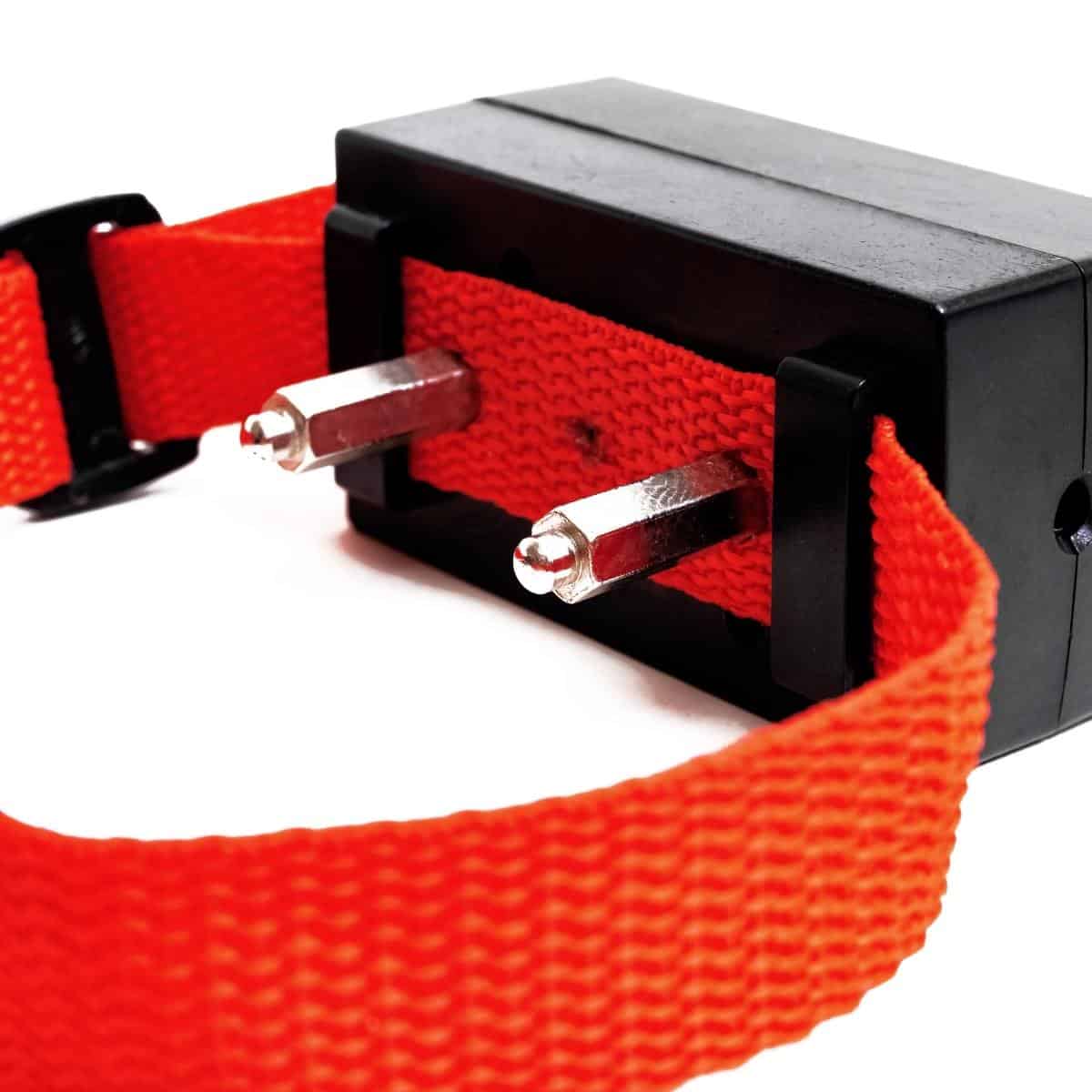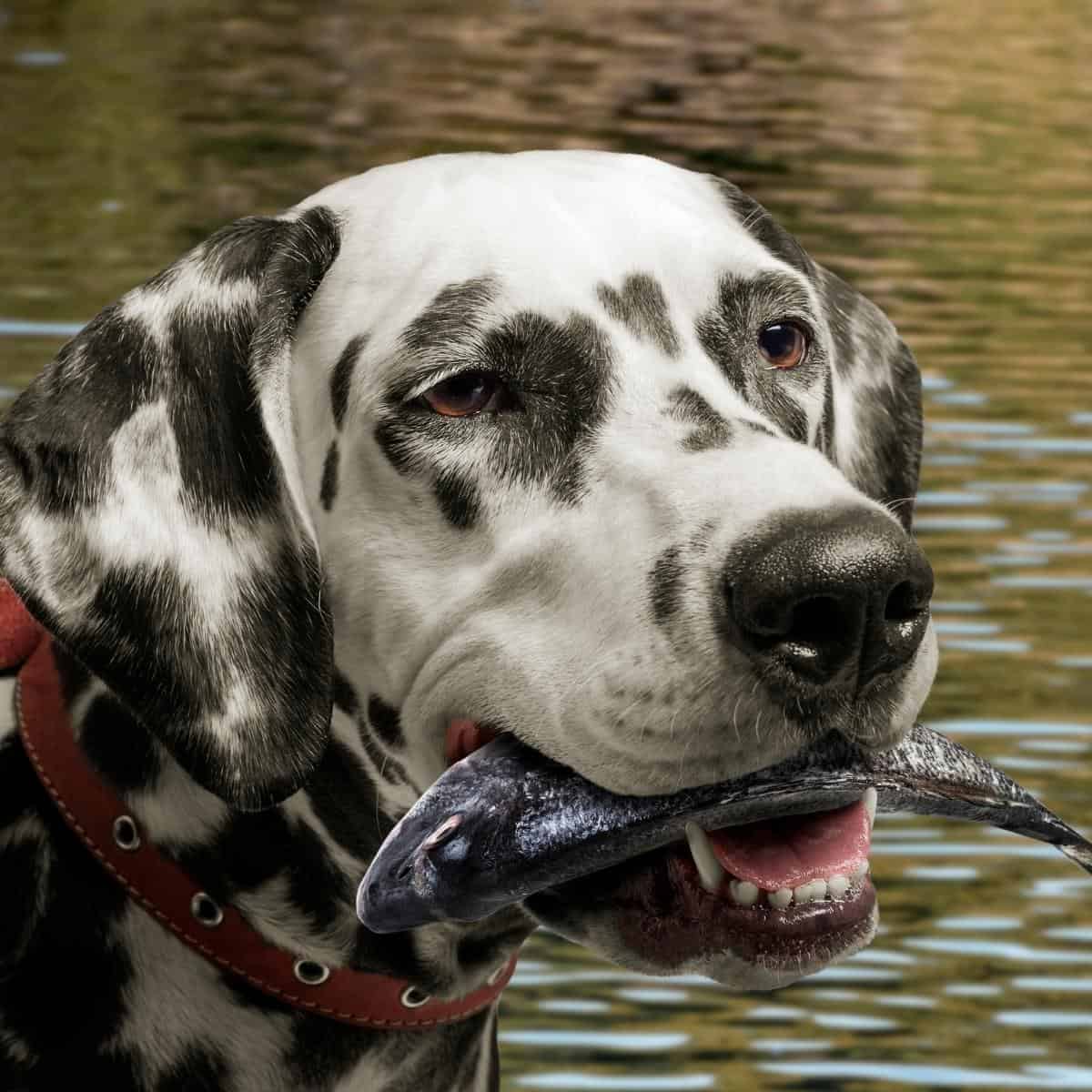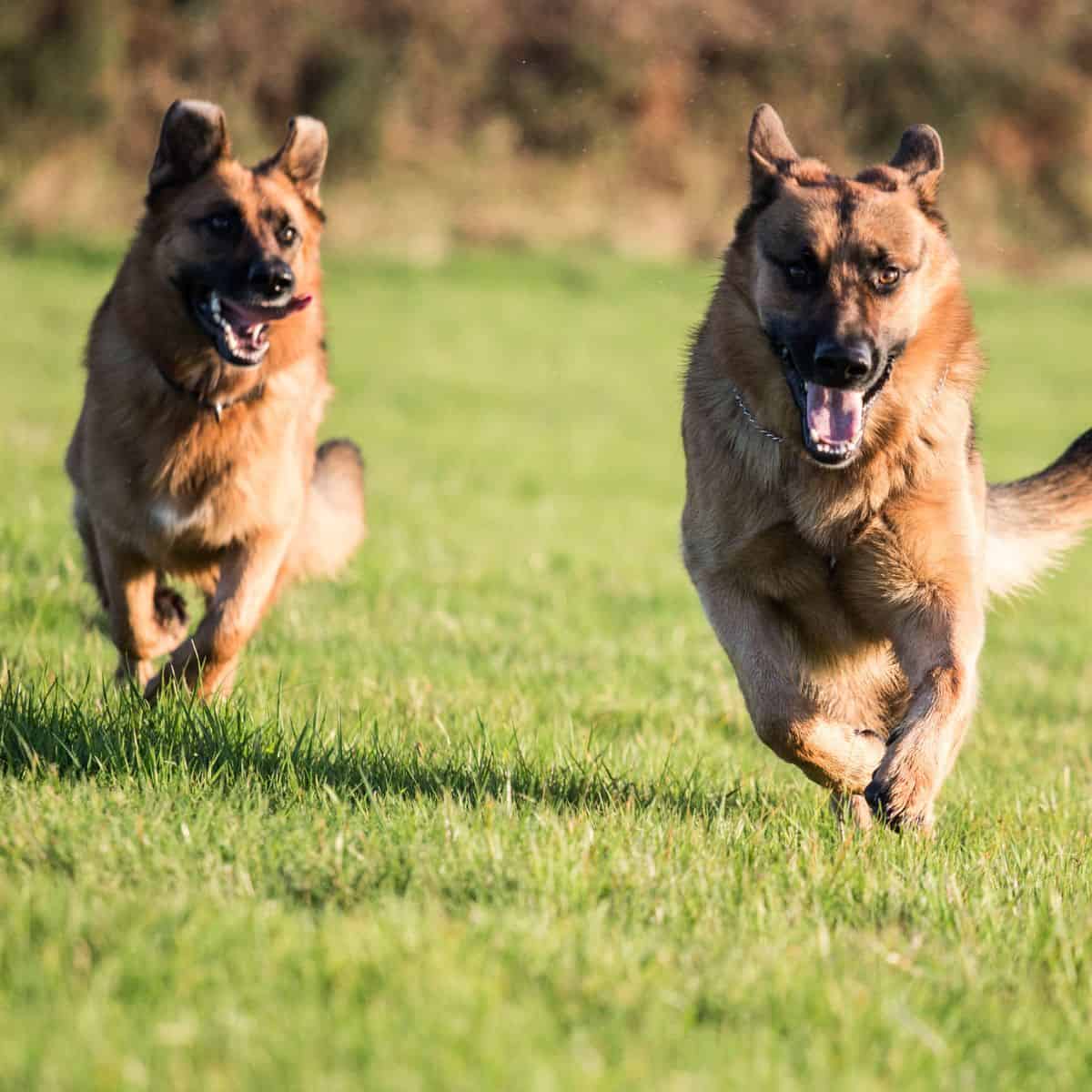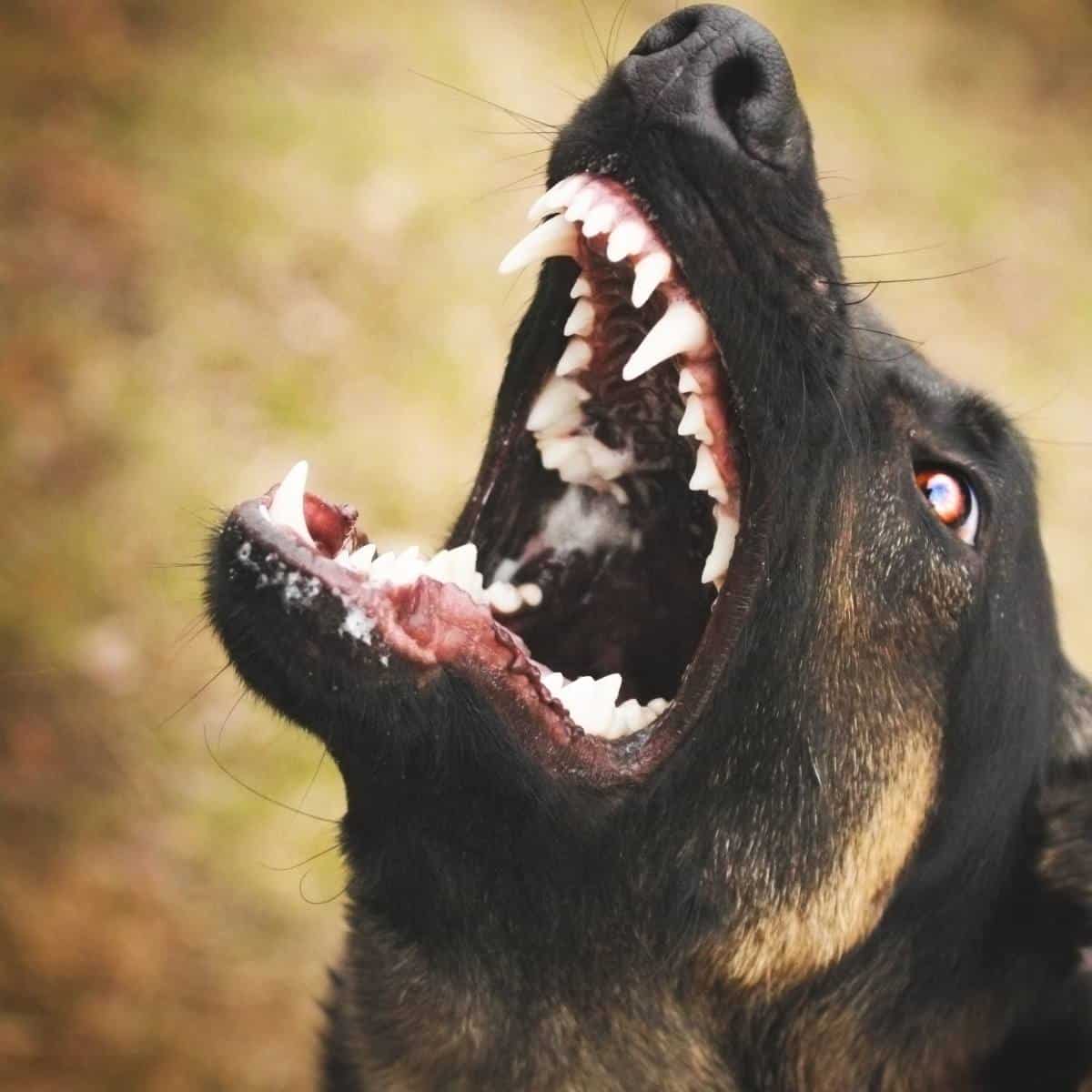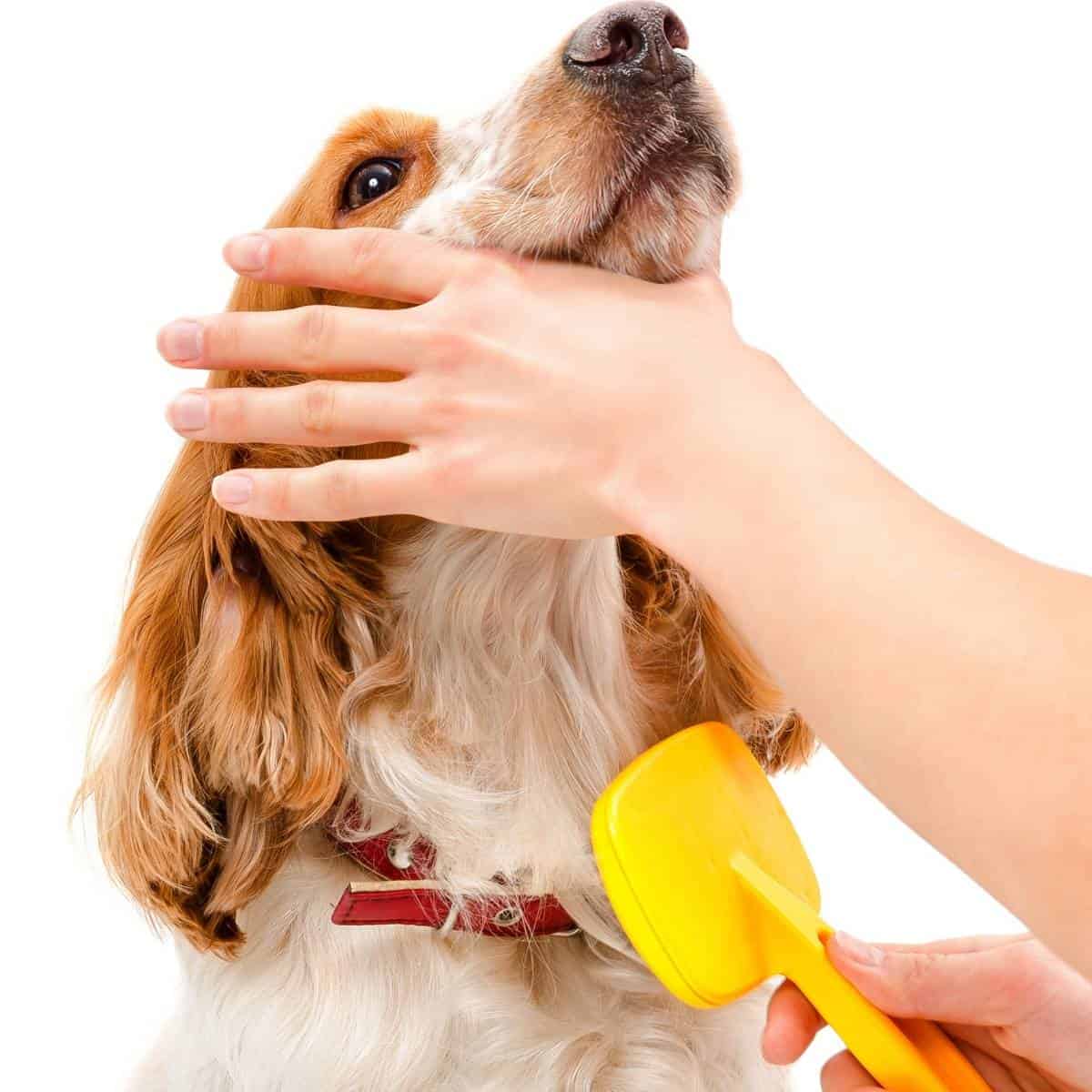Can Dogs Have Autism? Here are the symptoms
Wondering if your dog is autistic? Is that even possible for dogs to show signs of autism? We have written an in depth guide of knowing what to look for if you think your pup is suffering from this disorder and what treatment options are available.
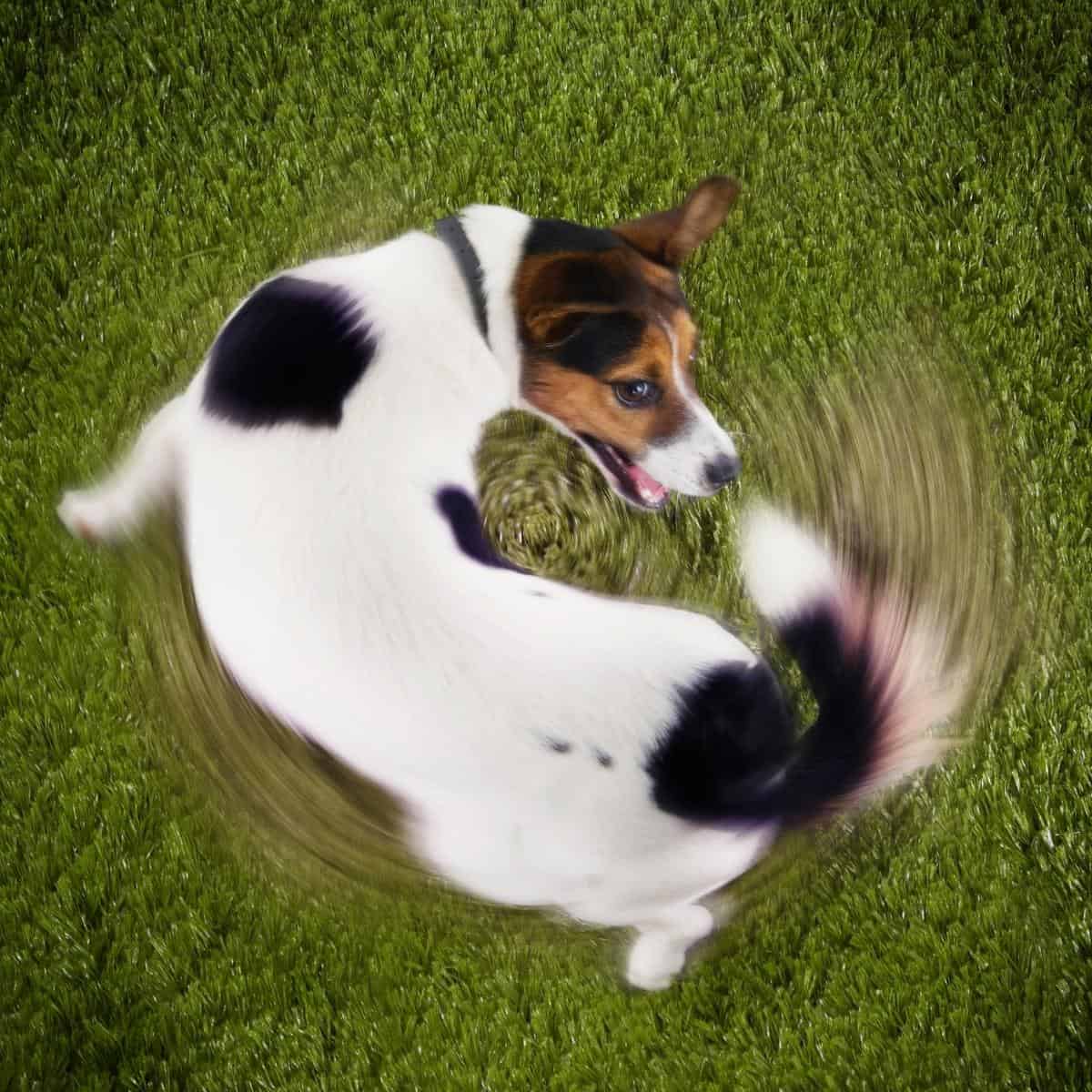
What is Autism?
Human autism is characterized as a spectrum disorder and can show many different symptoms. Most of the time there are challenges in behavior, lack of social skills, repetitive behavior, and also communication problems.
However, in the canine world we call this condition Canine Cognitive Dysfunction (CCD). Even though there is not much research in this department for dogs, experts say that when a dog has this condition, they are lacking neurons.
We know humans have mirror neurons and scientists have discovered so do animals. Have you ever thought about how smart your dog is? I mean sometimes it’s like they are clones!
These neurons give them the ability to mimic behavior, not just ours but of other dogs too. Which explains, if they are lacking these in their brain, they will lack the training, social skill set, and will not pick up on emotion.
Causes of Autism in Dogs
Veterinarians consider CCD as idiopathic. This means there is no one explanation as to why your dog has this disorder. What we do know, the pups who show symptoms are born with it. Unlike humans who are diagnosed sometimes as a child or even later on in life.
Canine Cognitive Dysfunction is passed on from the parents to your pup (inherited), which means environmental factors will never cause them to have autistic like symptoms.
What Are Signs Of Autism In Dogs? Symptoms of Canine Cognitive Dysfunction
While there are many different symptoms and no one test to confirm autism in dogs, here are signs to watch for.
Your Dog Doesn’t Like Socializing.
This includes humans and other dogs. For example, it may not phase your pup to be around other pets or children. It’s almost like they aren’t even there. Even when trying to play with them you will notice they don’t show emotion like other puppies.
You Notice Repetitive Behaviors.
It’s normal for most dogs to chase their tail every once in a while. However, if you see them doing this non stop, they may have CCD. Other compulsive behaviors include pacing the room, rotating their toys, chewing in one spot, etc.
They Don’t Like Exercise And Are Very Tired.
Puppies usually have a TON of energy no matter what time of day it is. If you throw a toy in the backyard, they will play! Dogs with autism will have no desire for outdoor time, playing, or taking walks. Matter of fact, you may think they are sick because all they want to do is lie around. The same goes for breeds who are naturally energized such as Corgis, Dalmatians, Huskies, Retrievers, Poodles, and German Shepherds. If your dog is a high energy breed like the ones listed, but they never want to play or seem lethargic, there’s definitely a problem.
There Are Problems With Communication.
Obviously dogs cannot talk, even though that would be interesting! So as pet owners we rely on their behavior to know how they are feeling. When they are happy their tails wag, when they are concerned they bark, if they are scared we might find them under the bed or in the closet.
Dogs that suffer from autism (CCD as the correct term) will not communicate. It’s likely you won’t know what they are thinking or how they feel. You may find them being more aggressive than usual one minute and the next they are staring at the wall in a trance.

How Are Dogs Tested For Autism?
Veterinarians will start with making sure your dog is healthy in all other aspects. Some of the behaviors may mimici another health condition or result from feeling bad.
Once other conditions are ruled out, and they confirm that your dog has canine cognitive dysfunction, they will begin behavioral testing.
The vet will basically be taking note of how your dog responds to certain stimuli compared to a normal dog’s reaction. While this may sound a little silly, because you are thinking that not all dogs react the same, there is not any other testing available to make the diagnosis.
You may also be referred to a veterinarian behaviorist who is more specialized in this area and may be able to give more insight and offer different treatments.
Treatment Options for Autistic Dogs + How To Manage
Unfortunately there is not a cure for CCD, however, you can learn how to manage the disorder more effectively.
Make Your Dog Feel Safe
It’s important to determine what your pup’s triggers are and build a plan around those. For instance, if lots of people and other animals make them anxious or they portray negative behavior, it’s best to avoid. Instead of taking them in public, go somewhere secluded or find ways to entertain them at home.
If it’s children that trigger your pup, keep them away when company comes over or educate your own kids about why the dog doesn’t like what they are doing. This may include fast movements, rough handling, pulling their tails, or chasing after them.
Try to keep their stress levels to a minimum. This also includes finding alternative options when it comes to boarding at a public kennel. This situation is enough to send any dog into a panic attack, so try to plan accordingly.
Prescription Medication
Depending on your dog’s behavior your veterinarian may prescribe Prozac (or a generic form) to help reduce obsessive and aggressive behavior, and to help their overall mood.
Avoid Negative Reinforcement
When it comes to training, you want to always instill positive behavior, especially for those with autism. Reacting negatively could also trigger your pup, which could cause them to regress or even act out more. This means no shock collars or physical punishment.
Encourage Exercise and a Healthy Diet
Just like humans, if we were to eat 5 cheeseburger meals in a day and lay on the cough for the rest of the evening, chances are we aren’t going to feel very well. We don’t want our pooches feeling any worse than they already do. Instead, try to take them outside and for a walk for at least 30 minutes a day. Not only will it help their mood, but also their overall health.
Feed them high quality dog food, and only give them treats like fruits on occasion. 90% of their diet should be a dog food formula just for them, leaving the other 10% for snacks.
Other Common FAQs
Depending on what the condition is, the number one sign is behavior. Aggression, compulsive behavior, avoids socialization, and is more destructive than expected.
Yes. A dog’s brain works very much like humans. Mental conditions such as anxiety, depression, and dementia can occur in canines. Treatment options may vary for each and it’s more likely you will have to find ways to manage it versus actually curing them.
Conclusion: What To Do If Your Dog is Autistic?
Dogs can portray autism, but it’s considered canine cognitive dysfunction that they inherit at birth. A veterinarian behaviorist will help diagnose your pup and give you the best route of treatment. The best way to cope with this condition is identifying the triggers and avoid them if at all possible.
